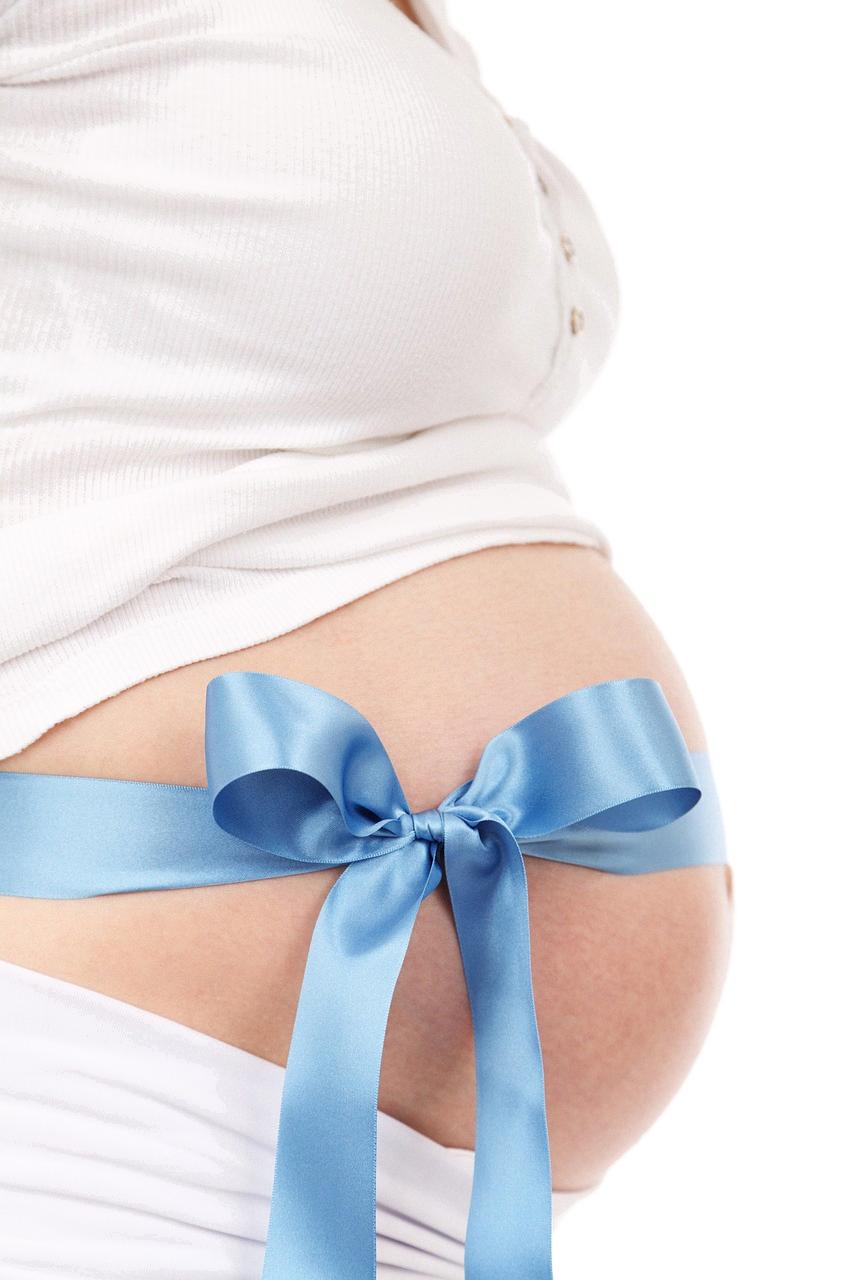During pregnancy, many women may find themselves fixated on the size of their baby bump. It’s only natural to wonder if the size of your belly matters in relation to the health of your pregnancy. Let’s delve into this topic to understand the significance of belly size during pregnancy.
First and foremost, it’s crucial to acknowledge that each woman’s body is unique, and the way pregnancy manifests physically can vary greatly from person to person. Some women may have a larger belly earlier on in their pregnancy, while others may have a more subtle bump until later stages. This discrepancy in belly size is perfectly normal and is not necessarily an indicator of any issues with the pregnancy.
It’s important to remember that the size of your belly does not necessarily correlate with the growth and health of the baby. Some women with smaller bumps may be carrying a perfectly healthy baby, while others with larger bumps may also have a healthy pregnancy. Therefore, placing too much emphasis on the outward appearance of your belly can lead to unnecessary stress and anxiety.
Health care providers utilize various methods to monitor the progress of a pregnancy, such as ultrasounds, fundal height measurements, and fetal heart rate checks. These assessments provide more accurate information about the baby’s growth and well-being than simply relying on the size of the belly. Therefore, it’s essential to trust in the expertise of medical professionals rather than solely focusing on belly size.
Furthermore, the size of your belly will not reveal how many babies you are carrying. It’s possible to have a larger belly due to factors such as the position of the baby, the amount of amniotic fluid, or the mother’s body shape, rather than the number of fetuses. Therefore, assuming that a larger belly automatically means multiple babies is a misconception.
It’s also worth noting that the sex of the baby cannot be determined based on the size of the belly. Whether you’re carrying a boy or a girl, the appearance of your belly will not provide any clues about the gender of the baby. Gender reveal is typically confirmed through ultrasound or other genetic testing methods, rather than the external appearance of the belly.
As the pregnancy progresses, the size of your belly may fluctuate due to factors such as the baby’s position, growth spurts, and changes in the mother’s body. These fluctuations are entirely normal and do not necessarily indicate any complications or issues with the pregnancy.
Ultimately, it’s essential for pregnant women to focus on maintaining their overall health and well-being rather than becoming overly preoccupied with the size of their belly. Eating a balanced diet, staying active, attending prenatal appointments, and following medical advice are key components of a healthy pregnancy.
In conclusion, while the size of your belly during pregnancy may be a point of curiosity and discussion, it does not hold significant importance in determining the health and progress of the pregnancy. Trusting in the expertise of healthcare providers, staying informed about the various aspects of pregnancy, and prioritizing self-care are crucial steps towards a positive and healthy pregnancy journey.

